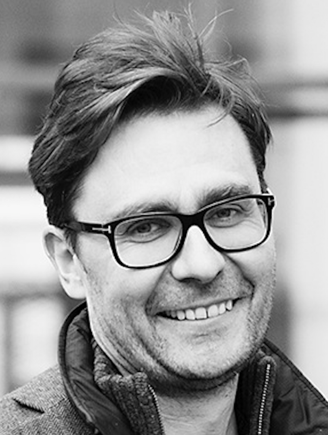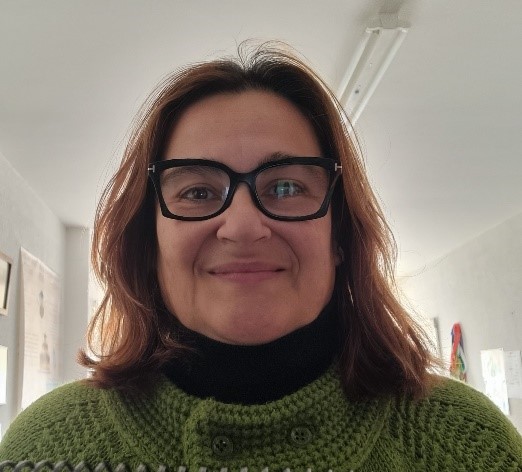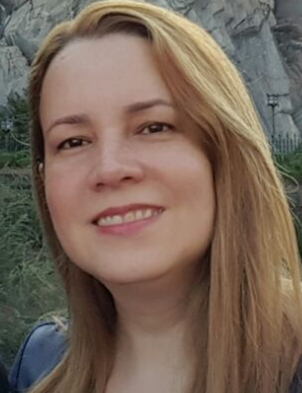
Robert Feldt
Robert Feldt is a professor of Software Engineering at Chalmers University of Technology, Sweden, and at Blekinge Institute of Technology, Sweden. He has broad research interests spanning from human factors to automation, statistics, and applied machine learning, and he works, in particular, on software testing and quality, requirements engineering, as well as human-centred (behavioural) software engineering. Most of his research is empirical and conducted in close collaboration with industry partners in Sweden, Europe and Asia, but he also leads more basic research. Dr Feldt received a PhD in Computer Engineering from the Chalmers University of Technology in 2002, has studied Psychology at Gothenburg University and has also worked as an IT and software consultant for more than 30 years. He is co-Editor in Chief of the Empirical Software Engineering journal and on the editorial board of two other journals (STVR and SQJ).
Title: Where is Empirical Software Engineering going?
Software Engineering is relatively young and as any scientific discipline it is evolving both in the topic it studies and in the methods it uses. However, one can ask if and in what sense it is also maturing. It is clear that there is a larger push for empirical studies; it is rare nowadays that papers are accepted in the top venues without extensive empirical support and validation. However, increasing the number/ratio of empirical studies might not be enough, we should also discuss the evolution of the topics studied and the methodological quality. In this talk, I’ll share results on how empirical software engineering has evolved over the last 25 years both in the topics it studies, the methods used, and the underlying data collected. Based on this I will then consider if the current trends are the desirable ones and give pointers and inspiration to what we might do differently going forward.

Coral Calero
Coral Calero holds a PhD in Computer Engineering and is Professor of Computer Languages and Systems at the School of Computer Science of the University of Castilla La Mancha. She is a member of the Alarcos Research Group, being one of the leaders of the “Green and Sustainable software” line. Within this group, she develops two main lines of work. The first one is related to research in Information Systems and Software Engineering, which addresses issues such as measuring the impact that software has on the environment and how to improve its energy efficiency, as well as human and economic aspects related to software sustainability. The second major line of work supports all the group’s outreach activities to raise awareness of the impact that software has on the environment, for which she works on measuring the consumption of social networks, web browsers and widely used applications, which allows offering results close to anyone. In addition to numerous scientific talks, she has participated as a speaker in Science on Demand and the Pint of Science initiative. She has also appeared in different media: print and digital press, radio and television. She was interviewed for El País Tecnología, Cinco Días, ABC, Cadena SER, Radio 3 and CMM Radio. She has high impact publications in leading journals in the area of Green and Sustainable Software and is editor of the main texts on these topics, published by Springer: Green in Software Engineering (2014) and Software Sustainability (2021).
Title: The dark side of software
It is a clear fact that software moves the world. And that it is becoming increasingly important, too. However, not everything is positive about the support that software provides to our daily lives. There are estimates that ICTs will account for 20% of global energy consumption by 2030, part of which will be due to software. In this talk we will review different concepts related to software sustainability. We will look at the two main perspectives of the relationship of software to the environment, as well as the relationship of software sustainability to the United Nations Sustainable Development Goals. We will also show the results of software consumption measurements we have performed. On the one hand, cases conducted to raise awareness in society in general about the impact that software has on the environment through examples of mass-use software. On the other hand, cases more related to software and software engineering, which we carried out with the goal of creating a set of best practices for the profession. Our ultimate goal is to make you aware of the consumption problem associated with software and to ensure that, if at first we were concerned with “what” and then “how”, now it is time to focus on “with what”. Because we are responsible for sustainable software development!

Tayana Conte
Tayana Conte is an Associate Professor in the Computing Institute at Federal University of Amazonas (UFAM). Tayana was a Visitor Researcher in Informatics, University of California Irvine, USA in 2019. Tayana’s research focuses on User eXperience (UX), Human Factors in Software Development, Software Quality and Empirical Software Engineering. She has published more than 200 papers in conferences and journals over the years. She was the chair of the Brazilian Software Engineering Special Interest Group of the Brazilian Computer Society from 2020 to 2021, and she is also a member of the Brazilian Human-Computer Interaction Special Interest Group from 2019 to 2022. She is one of the elected counselors of the Brazilian Computer Society (SBC) from 2021 – 2025. She is associate editor of high-quality journals such as Empirical Software Engineering Journal (EMSE) and Journal of Software Engineering Research and Development (JSERD).
Title: UX is the differential. What can we do as Software Engineers?
Software is eating the world, and we have a challenging competition scenario. Software companies have been shifting from focusing on technology-driven to satisfying users’ expectations and needs. In this scenario, User Experience (UX) is currently a key factor in establishing the quality of a product or service. User eXperience (UX) is a holistic concept, considering not only pragmatic aspects (task-oriented) but also subjective aspects, such as affect, sensations, emotions, and value of user’s interaction in everyday life. UX is the differential that led many software products to their (lack of) adoption in the market. Software engineers provide solutions for many software product qualities in architecture design. However, as software engineers, what can we do to provide positive UX? Or even better: to design software so valuable and pleasant up to the point it is indispensable and irreplaceable? This talk will present a research and practice landscape at the intersection of software engineering and human-computer interaction to solve UX challenges. The talk will also present research projects conducted by the USES research group.
